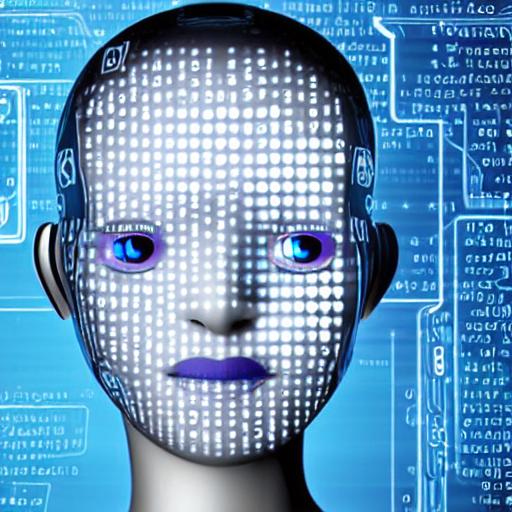The CEO of Twitter and Tesla, Elon Musk, expressed grave concern about the state of the industry in an interview which is geared towards a conservative audience. Musk was also an early donor to OpenAI, the company that created the chatbot ChatGPT. Though the interview didn’t provide specific examples, Musk claimed that large-language models were being taught to be “politically correct,” or untruthful.
Musk declared that he is going to start something that he likes to refer to as TruthGPT, or a maximal truth-seeking AI that tries to understand the nature of the universe.
The previous time Musk tweeted, “What we need is TruthGPT.
According to paperwork submitted to the state of Nevada, where Musk just formed a new start-up called X.AI, the interview, which was recorded earlier this month, may provide insight into the company’s strategy. Musk stated that Twitter is amassing advanced computing resources with the intention of pursuing generative AI in an interview last week.
According to paperwork submitted to the state, the conversation, which was filmed earlier this month, may provide insight into the path of a new start-up called X.AI, which Musk incorporated in Nevada last month. Musk admitted in a recent interview with the BBC that Twitter is assembling high-end computing hardware with the intention of pursuing generative AI.
Musk would be joining a crowded field and a rapidly expanding AI competition, where OpenAI took the lead early by releasing a test version of ChatGPT late last year, followed by funding from Microsoft in January and a collaboration with its Bing search engine in February.
It was anticipated that Google will ultimately combine its chatbot, Bard, with its search engine. Google made Bard available last month.
Sundar Pichai, the CEO of Alphabet, voiced alarm about the quick development of AI but also offered some hope in an interview with “60 Minutes” that aired on Sunday.
In comparison to other technologies, he noted that more people worry about it earlier in its life cycle. As a result, serious conversations are beginning.
Although experts have cautioned about their potential unreliability and their propensity to engage in what are called “hallucinations,” or nonsense answers, chatbots powered by AI draw on vast troves of data and an understanding of speech patterns to generate conversations answers to questions, serving as a sort of know-it-all personal assistant.
Some people immediately drew attention to the absurdity of Musk pursuing generative AI after he and other business executives and academics signed a letter last month calling for a halt to its research. Sam Altman, the current CEO of OpenAI, has been under fire from him publicly since he cut ties with the company.
In an interview, Musk stated that AI is more dangerous than, for example, poorly managed aircraft design, production maintenance, or poor car production. It has the potential to wipe out civilizations.
Musk admitted that he was really worried about the possible risks and thought a regulatory body should be established with the authority to gather information, ask for input from the industry, and make laws.
If Musk moves on with his AI endeavour, it’s likely that he’ll add to the mounting doubts about his leadership abilities as the CEO of Twitter, Tesla, SpaceX, and two smaller businesses, as well as the worries of some investors that he already has too much on his plate.
Musk said last week that running Twitter has been difficult. Despite his promise to leave his position as CEO, he has so far refused to relinquish control. (Musk said in the interview from last week that he had transferred the responsibility to his dog Floki.) Since Musk started pursuing Twitter, which he claims is only worth $44 billion more than what he paid for it, Tesla has lost hundreds of billions of dollars in value.
SpaceX is attempting to launch Starship, a nearly 400-foot-tall reusable rocket, this week in a test of a spacecraft that officials hope may one day send astronauts back to the moon, something Musk has been praising in tweets.
Musk’s abrupt decision to focus on generative AI is consistent with his tendencies as an exuberant CEO who can occasionally be taken in by the newest technological fad. Following the establishment of projects in the area by other tech behemoths like Google, Musk started working on self-driving cars at Tesla. The extravagant promises made by Musk’s brain implant business, Neuralink, and tunnelling start-up, The Boring Company, have not yet been fulfilled.
Musk struck a familiar note as he explained the goal of his most recent endeavour. Musk is the CEO of the electric vehicle manufacturer Tesla, which is looking to construct a “friendly” humanoid robot. He has frequently issued warnings about the potential perils that unchecked artificial intelligence poses to society as a whole, characterizing it as one of the biggest threats to civilization.
But he said his AI will be different.
He believes that may be the best way to safety as an AI that cares about comprehending the world is unlikely to obliterate people since we are an intriguing part of the universe.








